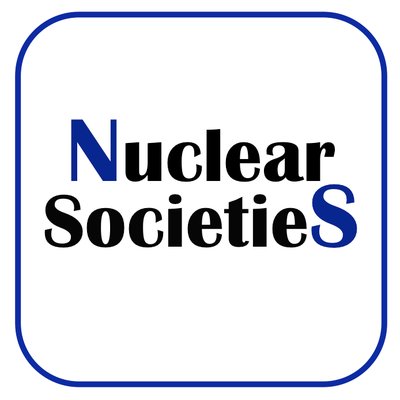SHARE: Social Sciences and Humanities in Ionising Radiation Research.
Despite an increased recognition of the need for social sciences and humanities (SSH) research related to ionising radiation (IR), SSH involvement in the field remains limited and uncoordinated. This means that vital knowledge from SSH research can be unrecognised and the opportunity for sharing insight, providing added-value across the domains, and promoting impact, is restricted. Building a more robust role for SSH in IR is imperative. This would open vital opportunities for multiple research communities to integrate social and ethical considerations into IR research, thereby expanding research options, clarifying values, and fostering collaborative approaches to research and innovation.
It is only by enabling SSH research to play a fuller and stronger role through a Platform mechanism that societal perspectives on research relating to IR will be realised. Therefore, the establishment of the SSH IR Platform will ensure that:
- existing and future research, policy and practice, in all areas relating to IR, can better take into account the concerns, values and needs of a wider range of stakeholders, including citizens and communities;
- the findings of social sciences and humanities (SSH) research can be better co-ordinated and also be better integrated in European research and development on IR;
- research relating to IR will be conceived as transdisciplinary and inclusive, integrating technical and non-technical inputs from the start.
There is a need to enable productive synergies, stimulate contact and promote exchange across the SSH fields; stimulate interaction between the SSH communities and technical communities; and to foster exchange among different types of professional and stakeholders. We recognise that there is a diversity of SSH perspectives and methodologies that must be recognised and be mobilised in an inclusive manner in order to promote learning and enable innovation.
SHARE’s intention is to bring together, in a step-by-step approach an integrated transnational programme that:
- will support and maintain the development of an SSH research agenda and provide a source of research capability, methodological input and expert advice on questions relevant to technical research platforms as well as to policymakers, citizens and other stakeholders, across all fields of ionizing radiation.
- aims for the integration of social sciences and humanities research in the wider research endeavour, in response to policy and institutional calls for more inclusive and transdisciplinary approaches to science, as exemplified by the SSH mainstreaming agenda of research projects, joint research initiatives and EU actions; the responsible research and innovation agenda; and other research policies.
- stimulates the integration of social sciences and humanities (SSH) in research, practice and policy related to ionizing radiation, including, for example: low dose risk, radioecology, emergency preparedness and response, dosimetry, medical applications, radioactive waste management, nuclear energy production, safety, NORM, site remediation etc. To this end, the platform will structure and enhance dialogue at the European level among the different stakeholders, fostering the sharing of knowledge and information among various disciplines working on aspects of ionizing radiation.
- will develop a strategic perspective on research needs, including topics that require to be integrated to the Strategic Research Agenda (SRA) of other European Platforms. The SSH platform research agenda will be developed in coordination with the existing technical platforms in the field and will be open to the incorporation of relevant topics in response to demands at different levels: citizens; policy makers; and implementers.
- by co-ordinating with the technical platforms in the field of ionizing radiation, will enable research to become more reflexive concerning:
- the social, political, ethical, cultural and historical context within which research is conducted;
- the rationales, possibilities and limitations of research methods; and
- the social relevance and possible interpretations of hypotheses.
- will address SSH-focussed topics in a set of working groups, some of which, but not all, will align with technical concerns and enable direct interaction between participants in diverse platforms. Working Groups are envisaged to include topics on the social dimensions of: radioactive waste management and disposal; nuclear energy production; decommissioning processes; medical, industrial and research applications; natural radioactivity; etc.
For more information please visit the SHARE website or the Ricomet conference website.


